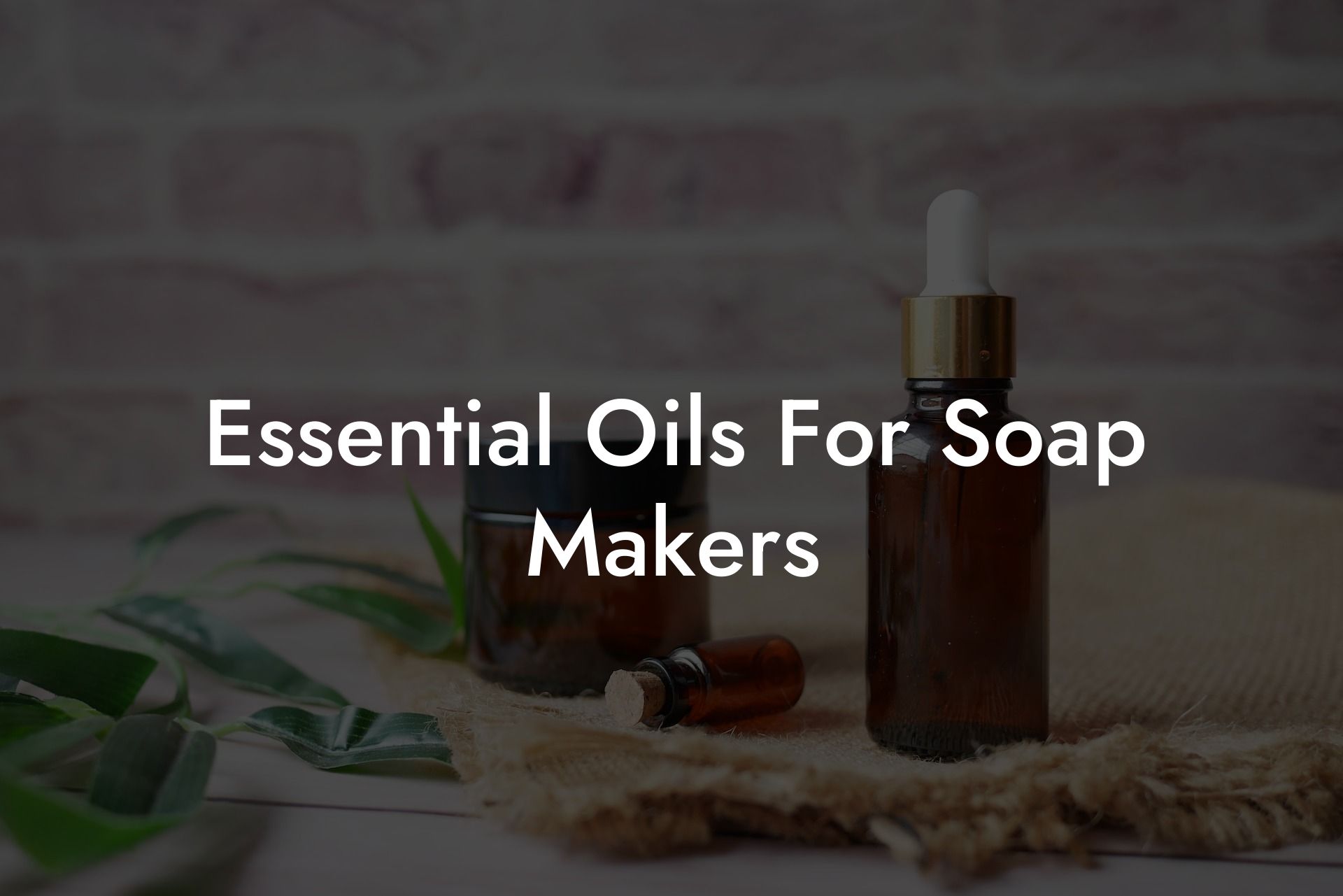Discover the aromatic world of essential oils for soap making, and learn how these potent ingredients can transform your homemade soaps with a delightful range of scents and therapeutic properties. As an artisan soap maker, enhancing your craft with essential oils can provide an unmatched sensory experience for you and your customers. Let’s dive right into the benefits, tips, and best practices for using essential oils in your soap-making process.
Table of Contents
Benefits of Using Essential Oils in Soap Making
- Aromatherapy: Essential oils provide a wide range of natural scents that can help evoke emotions, stimulate the senses, and improve overall mental and emotional wellbeing
- Therapeutic Properties: Many essential oils possess beneficial properties such as antimicrobial, anti-inflammatory, and nourishing effects on the skin, which can greatly enhance the quality of your soap
- Natural Ingredients: Incorporating essential oils into your soap formulations allows you to replace synthetic fragrances with natural alternatives, giving your customers a purer, sustainable option
Choosing the Right Essential Oils for Your Soaps
Consider Scent Combinations
The art of blending essential oils is an exciting process, and understanding how different scents complement each other will enhance your soap-making process. Experiment with various combinations to create unique, well-rounded fragrances that suit your desired soap theme or target audience.
Understand Safety and Skin Sensitivity
It’s crucial to research the safety of each essential oil you plan to use, as some might cause skin irritation or sensitivity, especially for those with allergies or sensitive skin. Opt for gentle oils such as lavender, chamomile, and rose, which are generally considered to be safe for most users.
Best Practices for Using Essential Oils in Soap Making
Determine the Right Amount
To ensure a well-balanced end product, understanding the proper amount of essential oils to add to your soap batch is key. A common guideline is to use approximately 0.7 ounces of essential oil per pound of soap base. However, this may vary based on the soap making method and the potency of the essential oil. Make sure to do a test batch to find the perfect balance for your recipe.
Add at the Right Time
To retain the maximum benefits and fragrance of the essential oils, add them at the right time during the soap-making process. If you are making cold process soap, add the essential oils when the soap mixture has reached a light trace. For hot process soap, incorporate the oils after the saponification process is complete and the soap mixture has cooled down.
Proper Storage
To preserve the quality of your essential oils, store them in a cool, dark place away from direct sunlight. Make sure the caps are tightly closed to prevent oxidation and evaporation.
Essential Oils For Soap Makers Example:
Imagine creating a beautiful batch of lavender and bergamot soap, perfect for winding down after a long day. The calming and relaxing properties of lavender essential oil combined with the uplifting, citrusy scent of bergamot essential oil will form a harmonious blend that promotes relaxation and stress relief.
In this example, you could use 0.5 ounces of lavender essential oil and 0.2 ounces of bergamot essential oil per pound of soap as a starting point, adjusting the ratio as needed based on personal preference and desired fragrance.
Now that you are well-equipped with the knowledge and best practices for using essential oils in your soap-making process, it’s time to experiment and expand your craft. Don’t be afraid to try new blends and create signature fragrances that showcase your unique brand. Be sure to explore the wide range of essential oils offered by Oshu Oils to enhance your soap-making experience and visit our blog for further guidance and inspiration. Share your creative soap making journey with friends, family, and fellow artisans, and let the world of aromas elevate your craft to new heights.





















